As factual stories of enslavement, and the oppression of black people, across the Globe continue to be shared in the mainstream, especially via the vital #BlackLivesMatter, African Apocalypse is a timely, compelling and also unsettling documentary that follows British-Nigerian filmmaker and poet Femi Nylander. We follow him as he unravels the atrocities of a French officer named Voulet who, over 100 years ago, brutally murdered, and savaged villages and people in Africa, and that impact is still being felt there today.
The retelling of brutal colonialism across Africa, and the world, probably still hasn’t been dealt with by modern governments. Whilst it may not specifically be ‘our fault’ in today’s world, that’s not an excuse for the lack of apologies or awareness, and we should continue to do more in 2020 and beyond to try and bring back respect between cultures, instead of trying to rip them further apart. African Apocalypse is an important reminder of just one slice of history that we’ve learned of, and you won’t forget it.
Directed by Rob Lemkin and following Nylander, who is our host, historian and insight to the story of the aforementioned French army captain Paul Voulet, we head off to the town of Dioundiou, Niger in West Africa, complete with a copy of Joseph Conrad’s classic novel Heart of Darkness. But Nylander is there to follow the legacy of another colonial horror, after discovering the little-known story of Voulet, a soldier who was sent out on a simple mission to capture land but ended up descending into horrific barbarity, bizarrely reflecting the dark character of Kurtz (who was also the character in Stanley Kubrick‘s Apocalypse Now) in Conrad’s book, and at the same time in history.
What develops is an equally fascinating and deeply troubling uncovering of what happened in the region, and an apt reminder of the atrocities. The key to holding the audience is Nylander’s personal obsession to track down the reality of what happened. He moves across the country, following the path and talking to the locals. What’s clear is that the history of Voulet’s actions still lingers in the lives of residents of every village and town, as if his ghost haunts them, even over 100 years later. Femi’s fixation is critical, his voice-over and presenting style is intimate and while it takes him into dangerous places, it’s essential to educate us and see the real people affected by this today.
African Apocalypse is an instinctive journey, rightfully making you question the (lack of) humanity from those who invaded and tortured other human beings, all in the name of power. On a more positive side, we also get to see the cultures that continue exist in this region of Africa today, and witness the compelling festival of remembrance, which is an insightful, captivating insight into their society today. But, with every positive is the lingering malevolent past and your knowledge of this also means unanswered questions are raised, such as ‘why does the Village keep Voulet’s grave?’, especially when it haunts their everyday.
With this documentary, Lemkin and Nylander have created an educational and brutal recollection of reality, and a world I knew nothing of, but with that are feelings of shame for our ancestors actions, and somehow that still doesn’t feel like enough for disrespected cultures that should have survived as they originally were. If anything, we can only continue to amplify the stories and make sure they’re not forgotten. We cannot ignore the injustices of the past if we genuinely want a free future, and as well as a fascinating story at the centre, this is the message I came away with, which is a vital one at that.


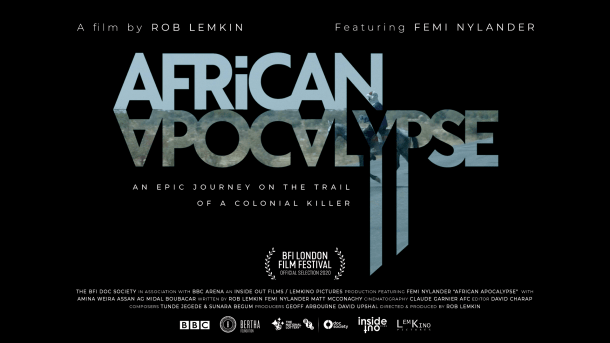



![Raging Bull 4K UHD review: Dir. Martin Scorsese [Criterion Collection]](https://criticalpopcorn.com/wp-content/uploads/2024/05/d4a8e62a-057d-4cfd-b37b-43f6a5032bb5.__cr00970600_pt0_sx970_v1___.jpg?w=970)
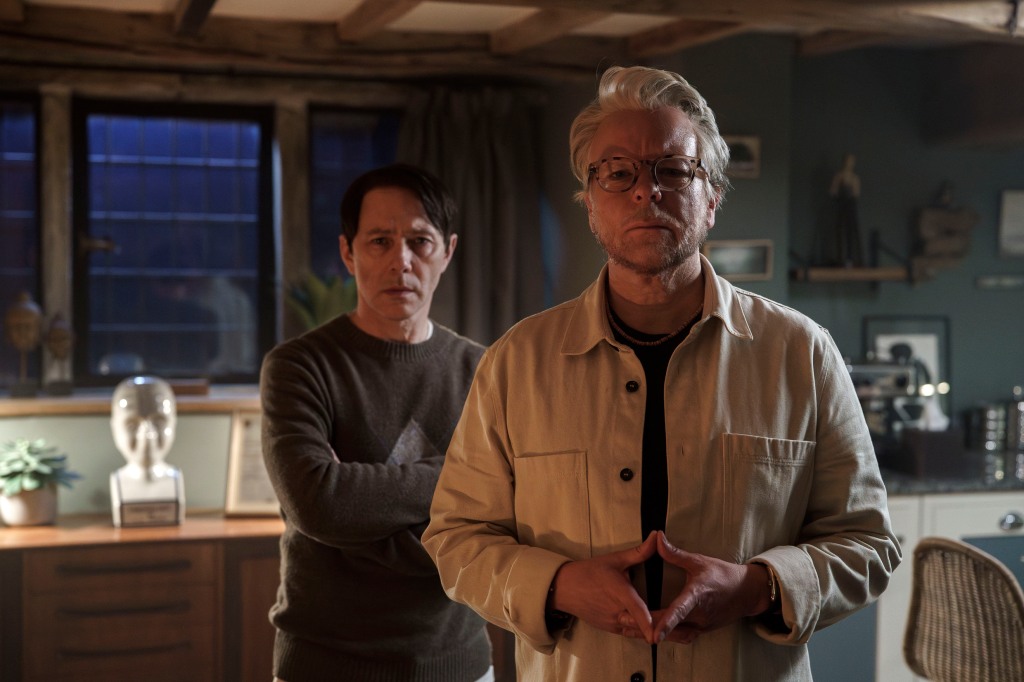

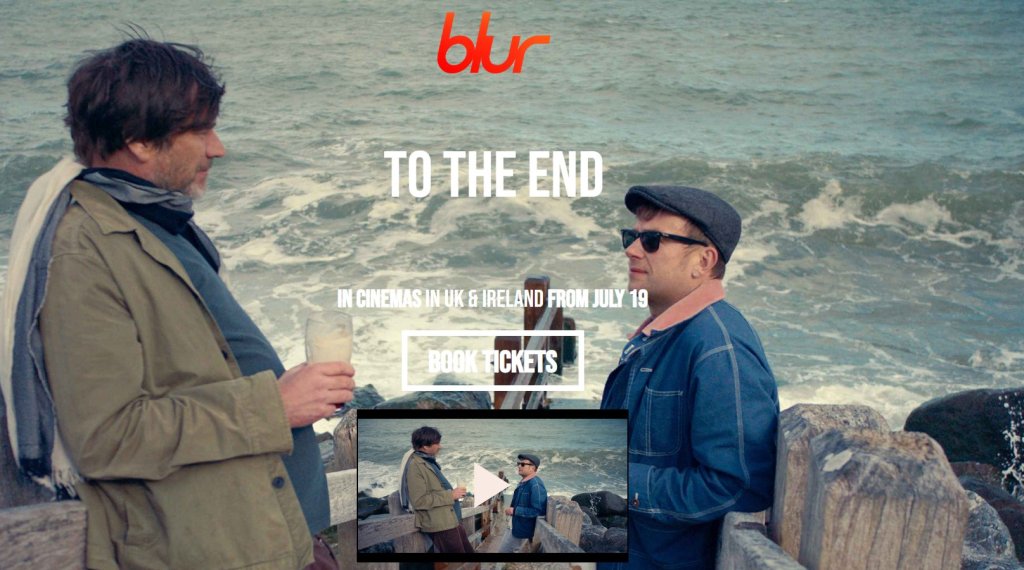

![The Cat And The Canary Blu-ray review: Dir. Paul Leni [Masters Of Cinema]](https://criticalpopcorn.com/wp-content/uploads/2024/04/image-5.png?w=1024)
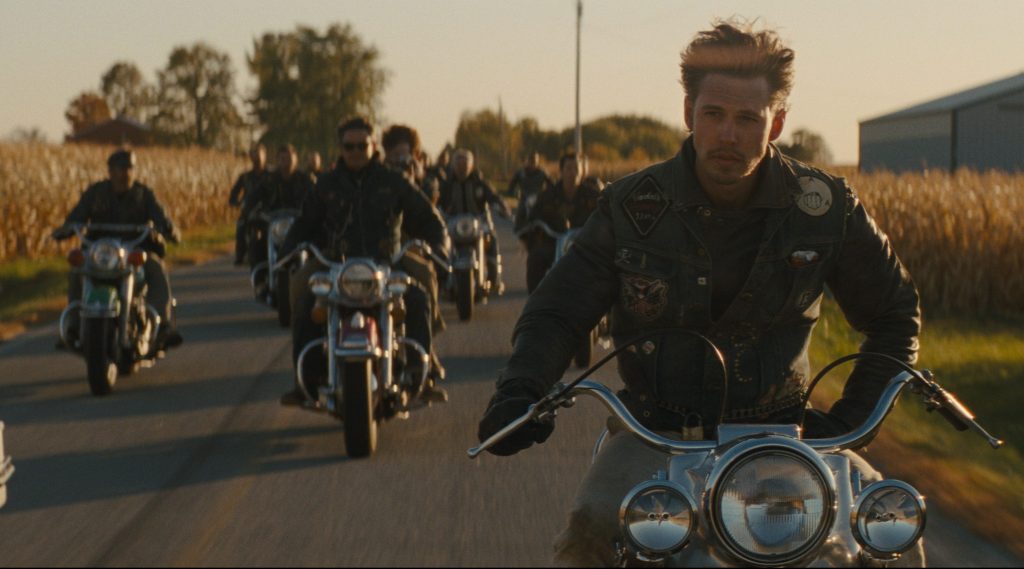
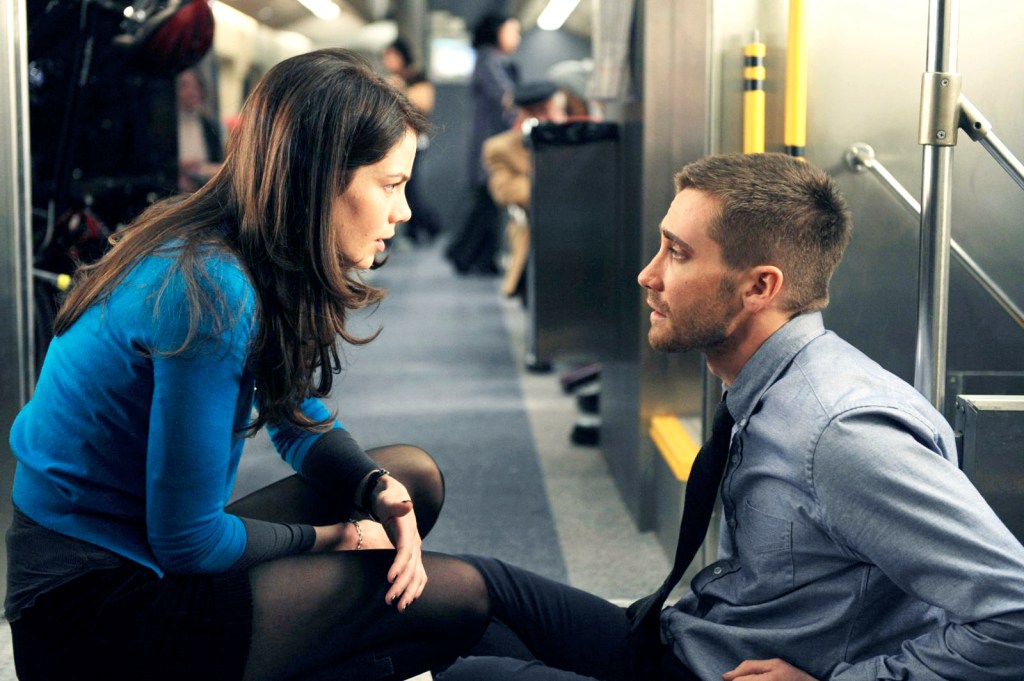


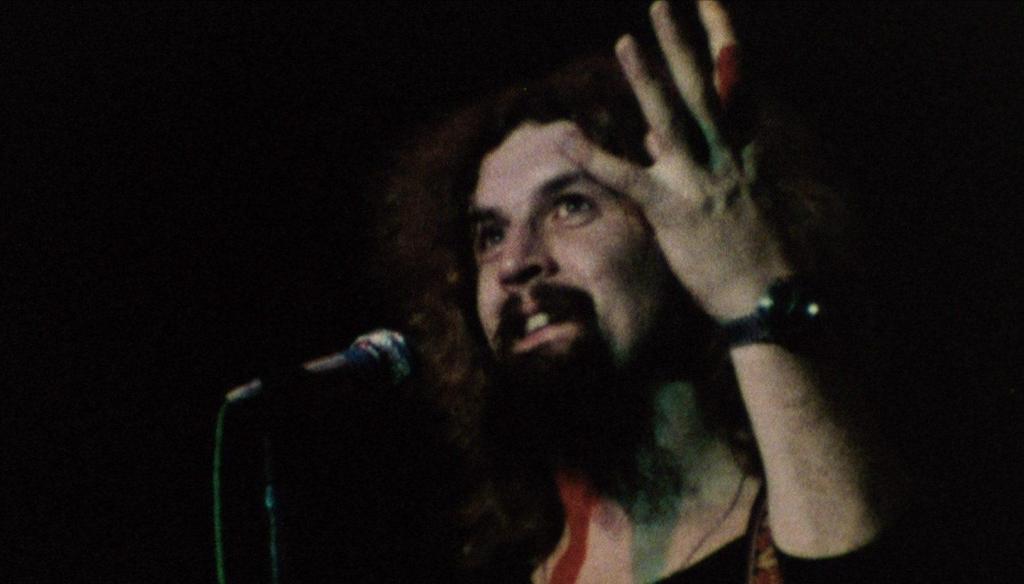
Post your thoughts